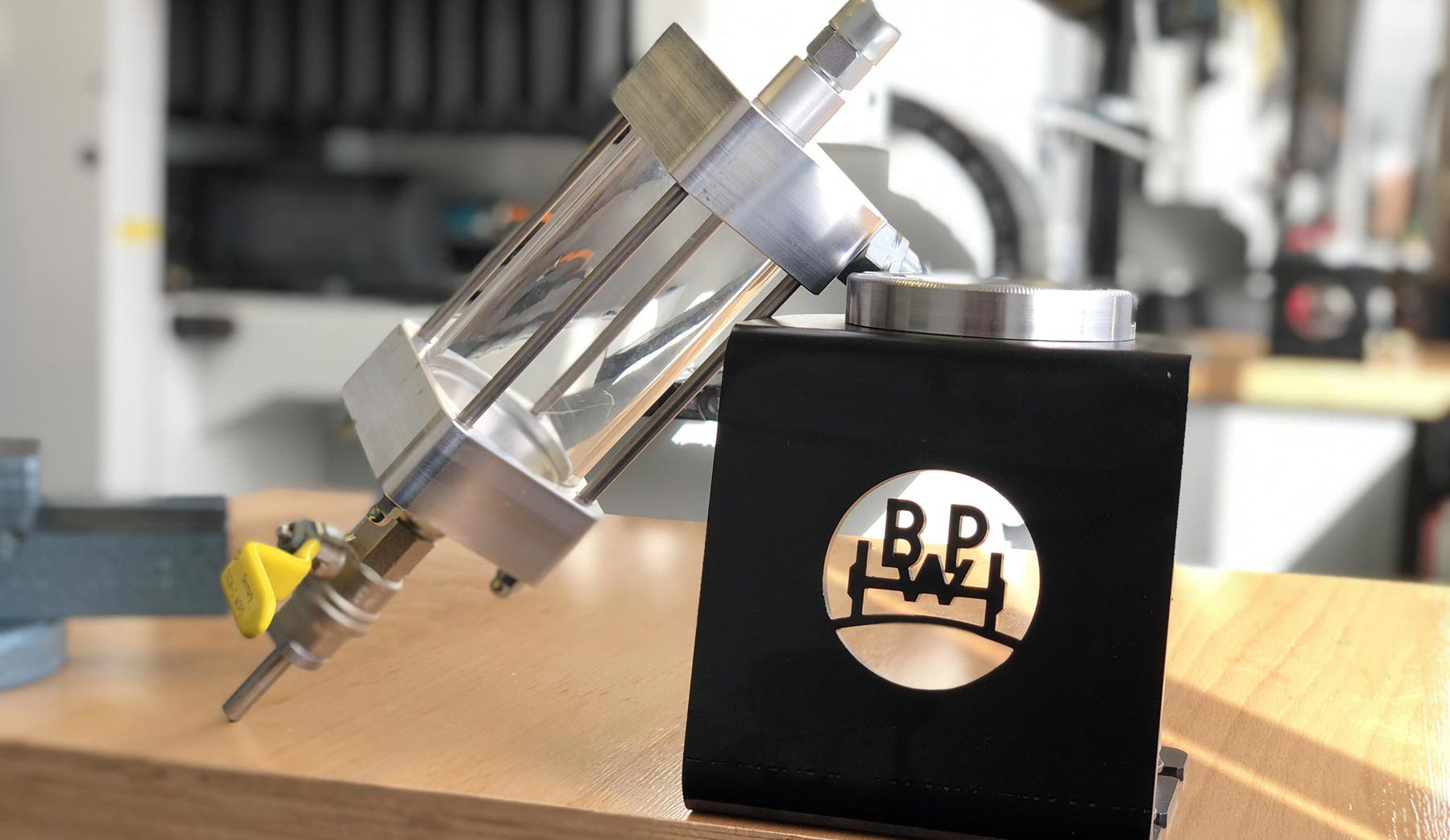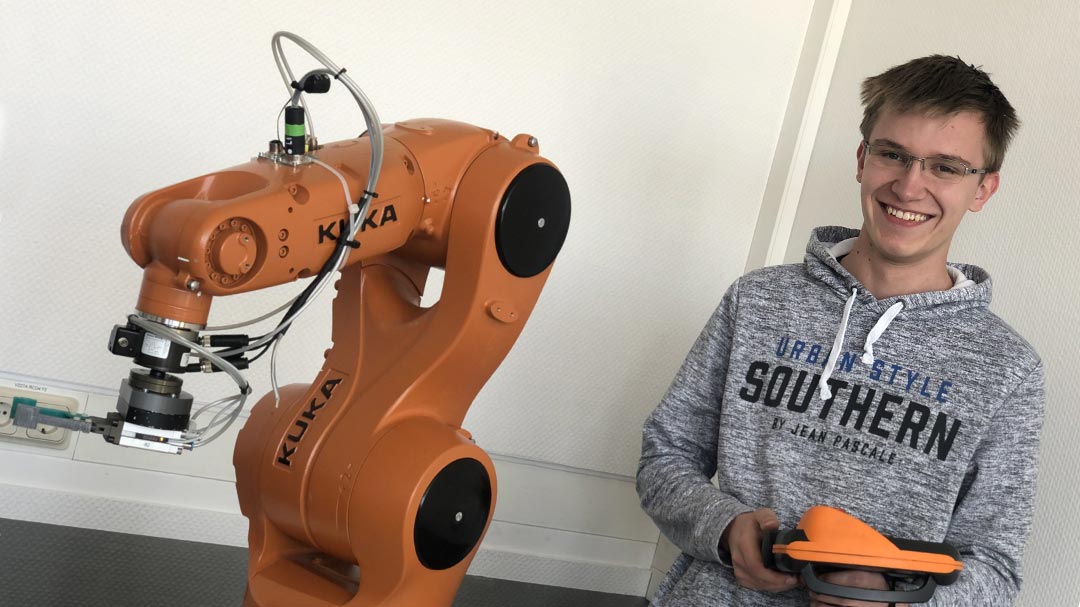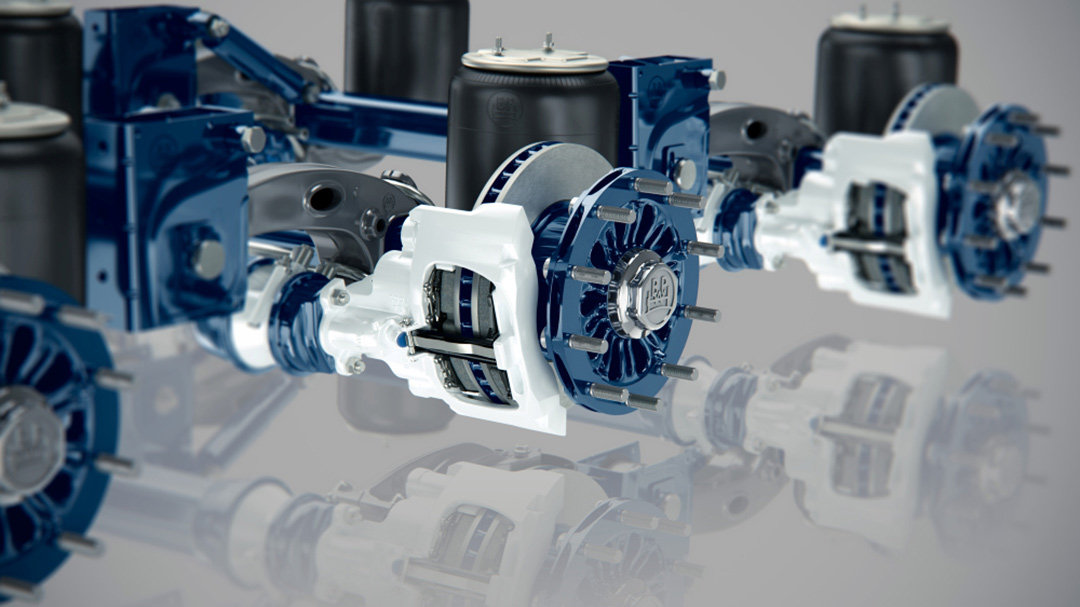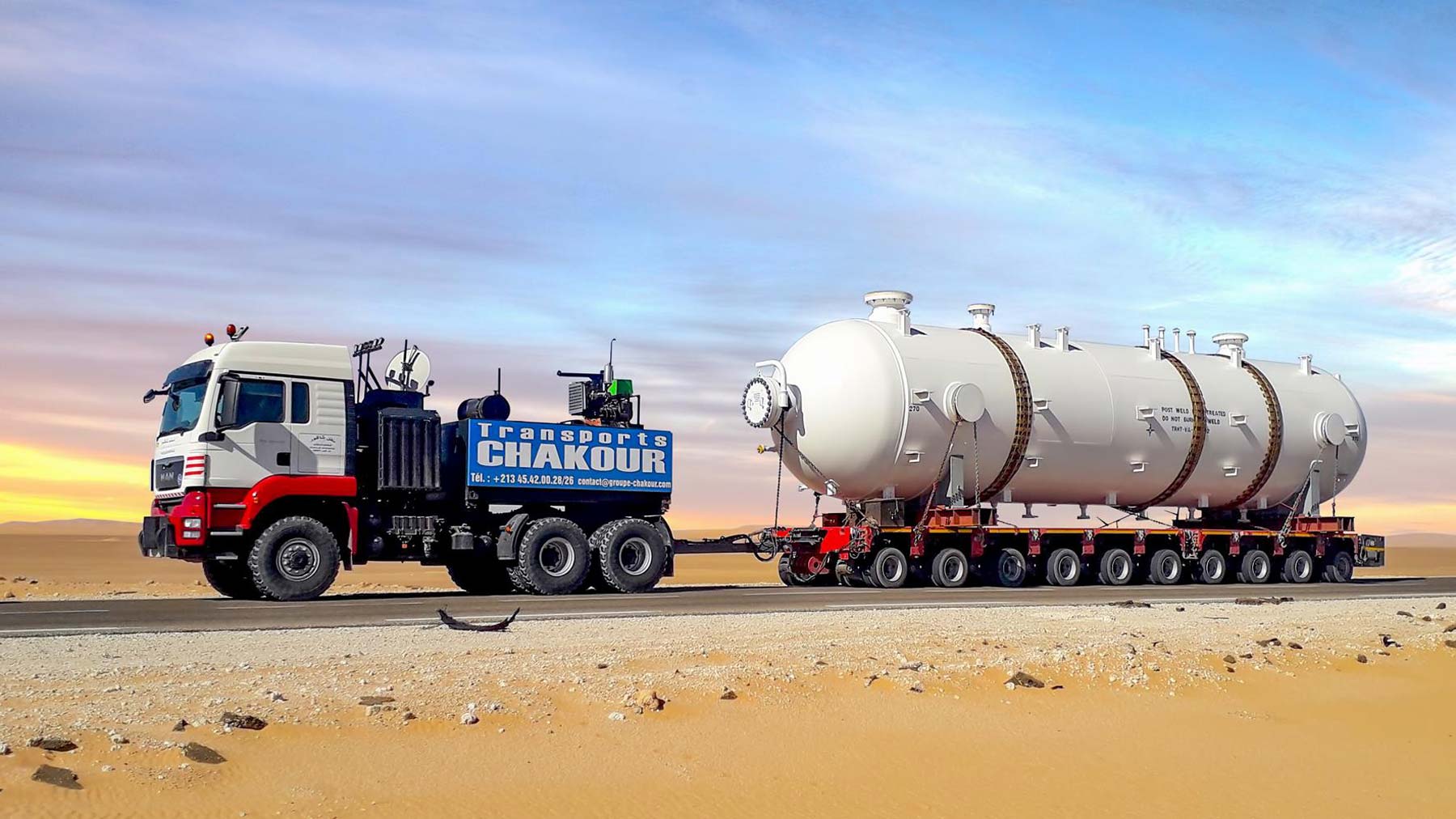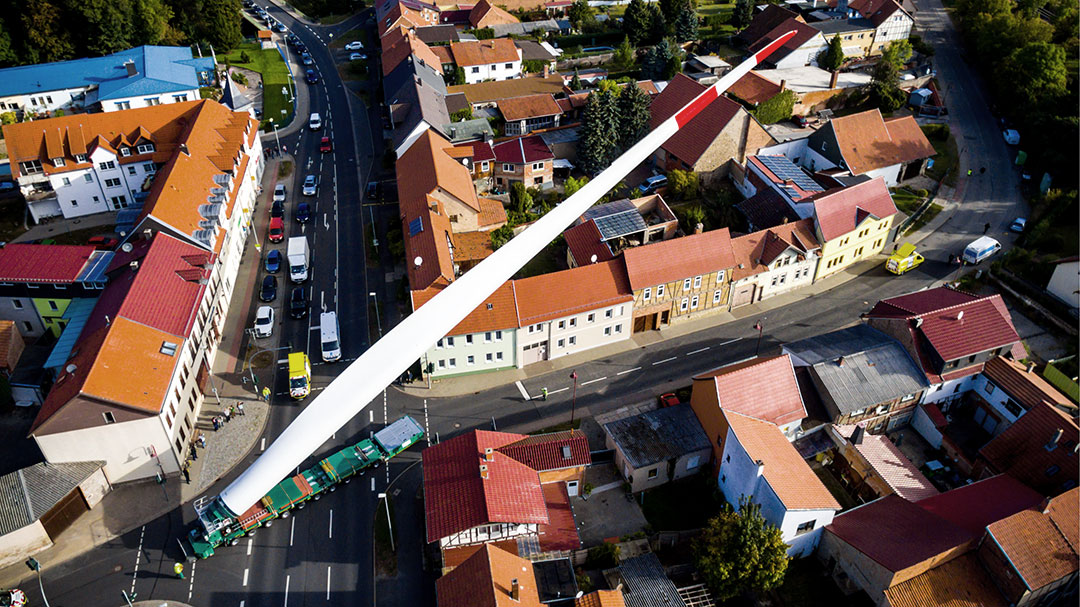Text: Juliane Gringer
Photos: BPW
The professional world is increasingly shaped by digitalisation – that’s why it makes sense to optimally prepare even trainees for precisely this world. At BPW, digital training of the next generation is a matter of course: in its own training centre, the company relies on networked machines and robotics, among other things.
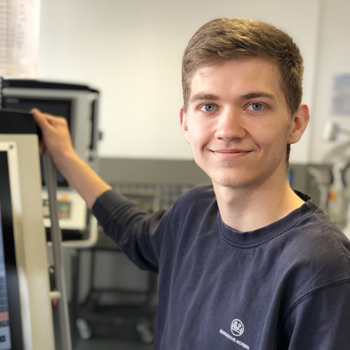
»I am prepared here for what the profession really requires in practice.«
Jan Altergott, trainee cutting machine operator in the 3rd year of training at BPW
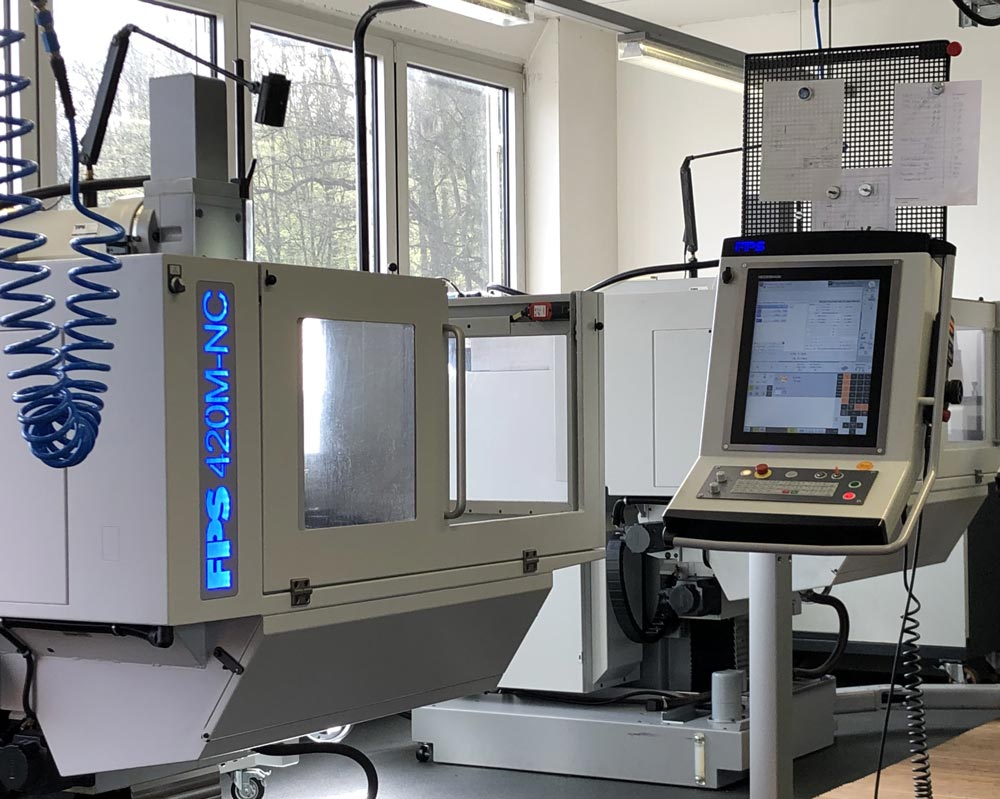
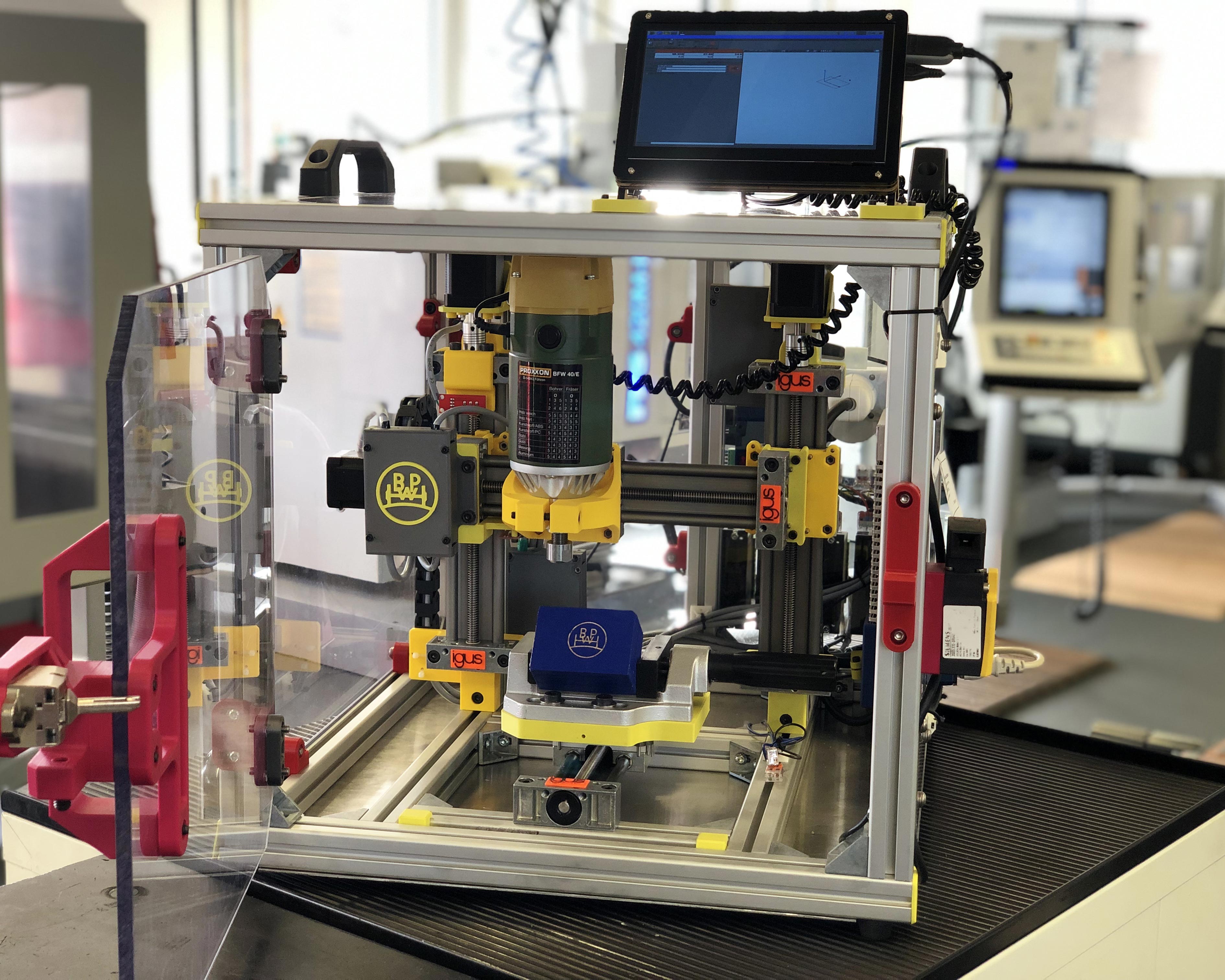
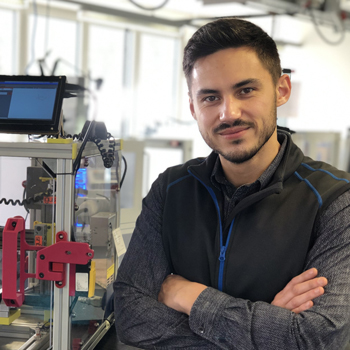
»In addition to the technical content, we also teach how to plan worksflows and make decisions about their implementation – in other words, what is required on the job every day.«
Fabian Breit, BPW Group Academy, Technical Instructor in the area of Machining
BPW offers an optimal infrastructure with workshops equipped to a high standard. For example, trainees – just like employees and students – can learn how to handle robotics in a dedicated robotics training centre: operation, maintenance and programming are taught there under conditions close to production. Two 6-axis robots from Kuka are available exclusively for educational and training purposes. Only a few companies invest in such equipment themselves; most use external training centres. For this extraordinary commitment to promoting young talent, BPW has already received several awards as one of the best training companies in Germany, including “Top Employer for IT Specialists“. The company communicates its attractiveness for IT professions, among other things, together with partners in workshops for high school graduates. BPW is also recruiting young talent at “KAoA – Kein Abschluss ohne Anschluss“an initiative of the North Rhine-Westphalian state government to ease the transition from school to work. It will also be available as a digital format in 2022.
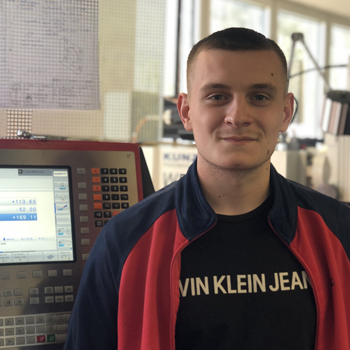
»I really learn something here.
And it’s fun!«
Lukas Grabowski, trainee cutting machine operator in the 2nd year of training at BPW
Today’s trainees were usually born in the mid-2000s. They belong to the “digital natives”, who are assumed to deal intuitively with digital media and technologies. This may be true for the use of social media, software and the internet, but in some areas there is a need to catch up, explains Fabian Breit: “Certain things are quite difficult for them, for example written communication by e-mail. You can’t assume that every young person is already a digitilisation professional who learns everything on the fly in his or her later career. A well-founded education should teach all aspects of a profession and individually address the respective level of knowledge of the young person.”
In the pandemic, Breit and his training colleagues faced special challenges. “We relied on a hybrid concept that consisted of about 30 per cent digital learning content and 70 per cent practical,” Breit explains. “You don’t learn to drive in theory either – practical training is very important for us.” Nevertheless, everything was able to continue during the Corona period. “We have trained continuously since the beginning of the pandemic. This is also reflected in the very good exam results of our graduates, which, as usual, were well above average.”
